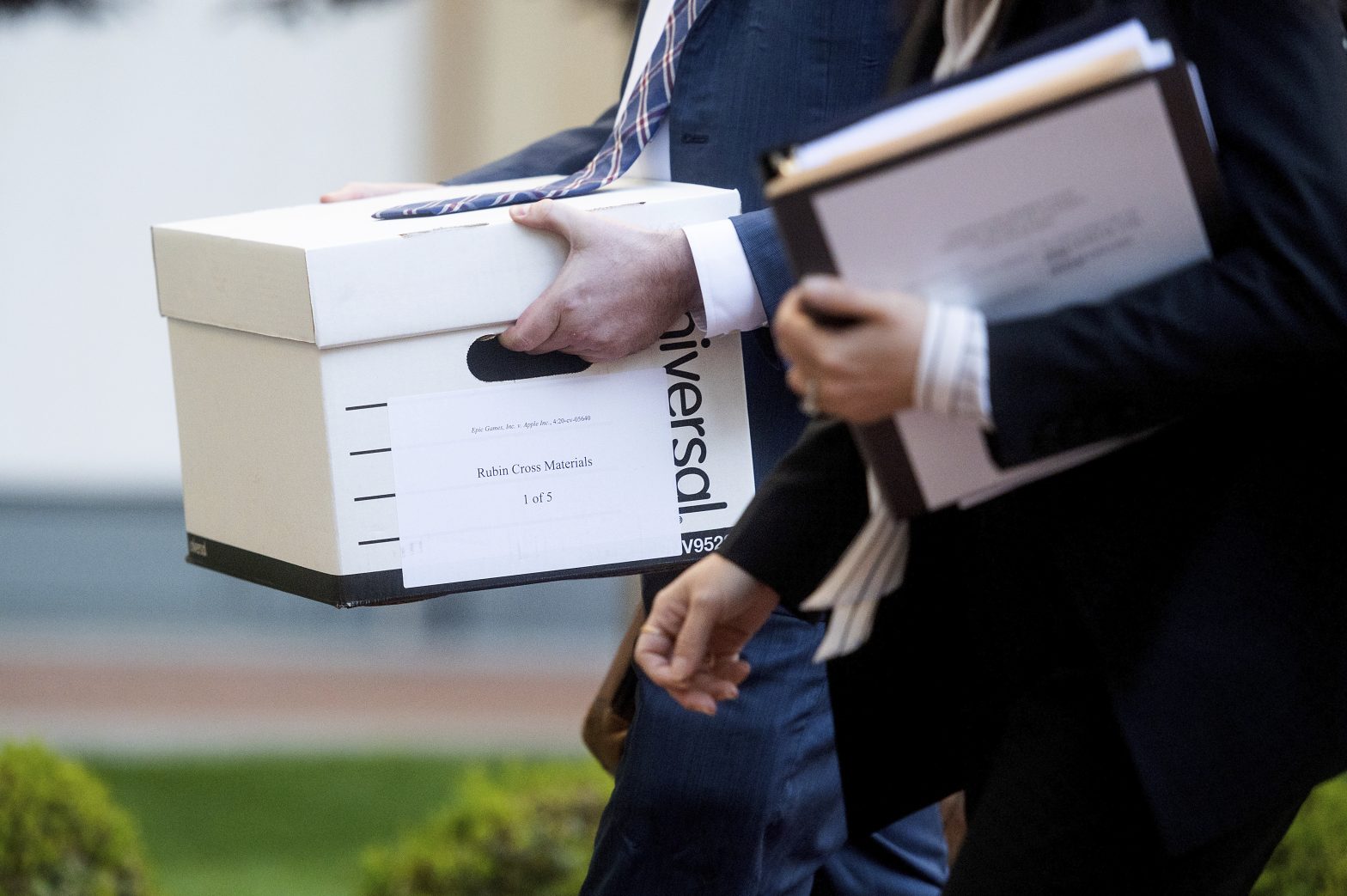Vexatious Trade Secret Litigation Shouldn’t Hamstring Innovation
COMMENTARY

When real estate title company Amrock sued data analytics firm HouseCanary in 2016, few foresaw how that seemingly straightforward $5 million breach of contract lawsuit would trigger such significant constitutional and public policy concerns, or devolve into a years-long legal quagmire with three-quarters of a billion dollars at stake.
Today, however, it’s increasingly clear that Title Source (now Amrock) v. HouseCanary may shape the future of trade secret litigation – for all the wrong reasons. After years of dubious verdicts, whistleblower revelations, procedural errors and overturned rulings, litigation remains ongoing. These failures illustrate a profound moral hazard. Namely, the duration of trade secret cases, and the size of their verdicts, often make legal jockeying more lucrative than genuine research and development.
Unless that growing threat of litigation abuse is addressed, protracted legal sieges will increasingly sap America’s innovative potential.
The basic timeline of the case is as follows: In 2015, Amrock contracted HouseCanary to produce a property appraisal application. The deal quickly went sour, and in 2016, Amrock sued HouseCanary for breach of the contract that obligated HouseCanary to produce a working appraisal app. HouseCanary countersued, claiming that Amrock had willfully misappropriated its proprietary data in the creation of its own automated valuation model, or AVM – a tool used to assess property value usually by employing mathematical and algorithmic modeling overlaid with data sets from historical real estate sales and assessment data.
In 2018, a Texas jury decided in favor of HouseCanary and a judgment was entered against Amrock to pay an unfathomably and unjustifiably massive $740 million in purported damages. The verdict seemed to suggest to potential bad-faith actors that it can be many times more profitable to sue business partners than to develop new technologies.
That view was quickly confirmed days after the ruling when a HouseCanary whistleblower revealed that Amrock’s, “recent loss was based on fallacies and spin… HouseCanary never had any proprietary anything.” Soon thereafter, a handful of former HouseCanary executives testified that, “there was never a working version of the app,” and that employees had been told to “make misrepresentations to [Amrock] about the status of HouseCanary products.” Although the presiding judge did not vacate the verdict, the whistleblowers’ testimony became part of the court record for use on appeal.
Fortunately, a Texas appellate court last year reversed the 2018 verdict and ordered a new trial on the grounds that the jury instructions wrongly instructed the jury. HouseCanary has sought leave with the Texas Supreme Court to review the appellate decision, and that petition is pending.
In the meantime, both parties remain mired in litigation. The most recent development in the case arrived in April, when the Texas Supreme Court determined that multiple trial exhibits presented by HouseCanary as evidence of trade secret misappropriation had been improperly sealed post-trial at HouseCanary’s request. Accordingly, the very foundation of HouseCanary’s argument remains in serious question.
Regardless of how Title Source v. HouseCanary is ultimately decided, however, anyone who can do basic math can see why HouseCanary’s litigation tactics provide such a tempting prospect. If the company wins, they miraculously transform a $5 million dollar per year contract into a $740 million judgment in its favor. If the company loses, they are short $5 million dollars but will have succeeded in tying up Amrock in litigation for the better part of a decade. Given that HouseCanary has only raised $130 million in funding and that the company’s potential reward is more than one-hundred and forty times greater than its possible loss, alleging that Amrock stole trade secrets was a good business tactic – even if unsavory. That should concern us all.
If such litigation tactics are tolerated or even encouraged, companies will be incentivized to create and drag out spurious lawsuits so long as there is a financial incentive to do so. Trade secret litigation is particularly vulnerable to this type of abuse, because of the high monetary value of verdicts and the technical complexity of cases, which makes it easier for juries to be convinced by rhetorically compelling but legally deficient arguments.
Whatever the eventual outcome, Title Source v. HouseCanary serves as a warning that current legal mechanisms and frameworks surrounding trade secret litigation are too slow and too susceptible to manipulation to serve their intended purpose. Trade secret protections and intellectual property rights promote innovation. We mustn’t allow vexatious litigators to inhibit it.
Timothy H. Lee is senior vice president of Legal & Public Affairs at the Center for Individual Freedom.























